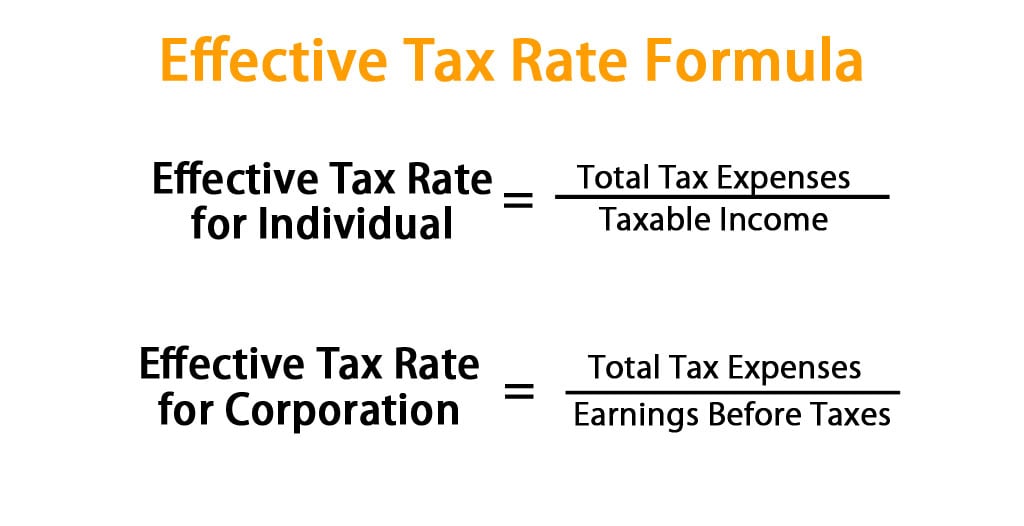Featured
- Get link
- X
- Other Apps
What is Financial Literacy? Why is it important? Simple beginner's guide!
Many of us have come across this term several times but never really knew what it is. Our schools never taught us what financial literacy means or what is being like financially literate despite financial literacy being a very important component of our lives.
Financial Literacy is not only for people who are interested in finance but for everyone who wants to make MONEY and wishes to be financially FREE.
In this article you will learn why and how to be financially literate.
Introduction
FINANCIAL LITERACY IS DEFINED AS THE POSSESSION OF FINANCIAL SKILLS AND KNOWLEDGE THAT ALLOW FOR INFORMED AND EFFECTIVE MONEY MANAGEMENT. In other words, being financially literate means having the ability to make healthy financial decisions regarding debt, credit, saving, investing, budgeting and spending.
Schools overlook the importance of financial education
The school from which I graduated never ever taught us anything about financial literacy and believe me it should have been a priority.
Many different factors play in for why schools don't prioritize financial education. First, it is a state decision to manage which subjects are being taught in the school. Second, the teachers might not be qualified enough to teach students about it. Third, it simply isn't considered a priority.
Personal finance is something that should be added to the school curriculum because everyone in life will eventually earn money and it is important to know how to handle it.
Why do we go to school to learn about science, math, history and other subjects? The answer is to empower us in those respective areas. Similarly, education about money should be given the same priority as other disciplines. Young people need to be empowered about money and how it works.
 |
Why is it important?
Components of Financial Literacy
As beginners we do not need to go in depth about all the components. Here are the four key concepts to work on in order to improve your financial literacy. Mastering these aspects won't always be easy. However, with a little bit of practice, they will benefit you for a lifetime.
1. Budgeting
CREATING AND MAINTAING a budget is one of the most basic aspects of staying on top of your finance. It doesn’t matter if math isn’t your strong suit - thanks to these user-friendly tools, everyone can get help with keeping their finances on track.
2. Saving and Investing
3. Borrowing
4. Protect
Financial literacy is NOT ONLY ABOUT BEING INFORMED AND MAKING INFORMED DECISIONS solely based on the prospect of your understanding of money. But it also corresponds to the idea of identifying the threats that linger around your financial resources and being duly informed of these threats.
Protect the money you have made. Regularly check your bank statements and accounts for mistakes or suspicious activity. Keep your passwords and documents secure to eliminate scams and theft.
Limiting the amount of information shared online as well as protecting your passwords can eagerly help you to stay secure and more anonymous while shopping online. It is better to safeguard your finances as much and keenly as you can in order to avoid these lingering threats and to focus on financial growth. Protect.
How can you start?
There are several ways in which you can start or learn financial literacy but you need to just START. Below I am listing some ways in which I started
1. Financial Podcasts.
Listening to Financial podcasts will help you develop more interest in finance and will help you learn. Listening to more and more podcasts will also help you develop a better mind set.
You may have a busy schedule and that's why podcasts are best for you And there are many great ones you can listen to on your way to work, doing chores or even while working.
Just take out ten minutes a day and start! This is free education that you can listen to. Here are podcasts for beginners and here are some advance podcasts.
2. Books
Here are some beginners books that you can start with. If you don't want to buy them you can go online and search for e-books as well.
3. Take free courses online
Online you can find numerous FREE courses and modules that can help you build and grow your knowledge about personal finance. This is if you feel if you want to step further or need the structure to learn.
These courses also provide e-certificates that can be very helpful to grow your profile as well.
So what are you waiting for?
FAQs
1. What is financial literacy?
2. I don't have money to invest. What to do? How to save?
3. Is it important for me? I'm not an adult yet. I don't earn.
4. Should I invest?
- Get link
- X
- Other Apps
Comments
:max_bytes(150000):strip_icc()/financial_literacy-5bfc30fcc9e77c0058780bca.jpg)






Nice
ReplyDeleteVery useful especially for students.
ReplyDeleteKeep it up kanav 👍
Extremely useful
ReplyDeleteQuite nicely written kanav!👍
ReplyDeleteGood work. Keep going.
ReplyDeleteGreat one
ReplyDeleteGood initial kick-off in the direction of financial literacy. Keep it up!
ReplyDelete